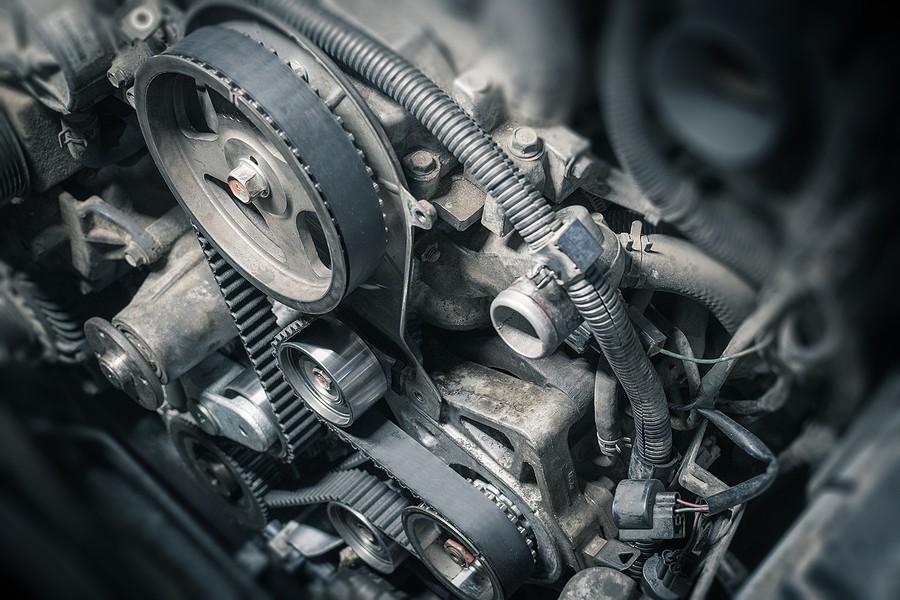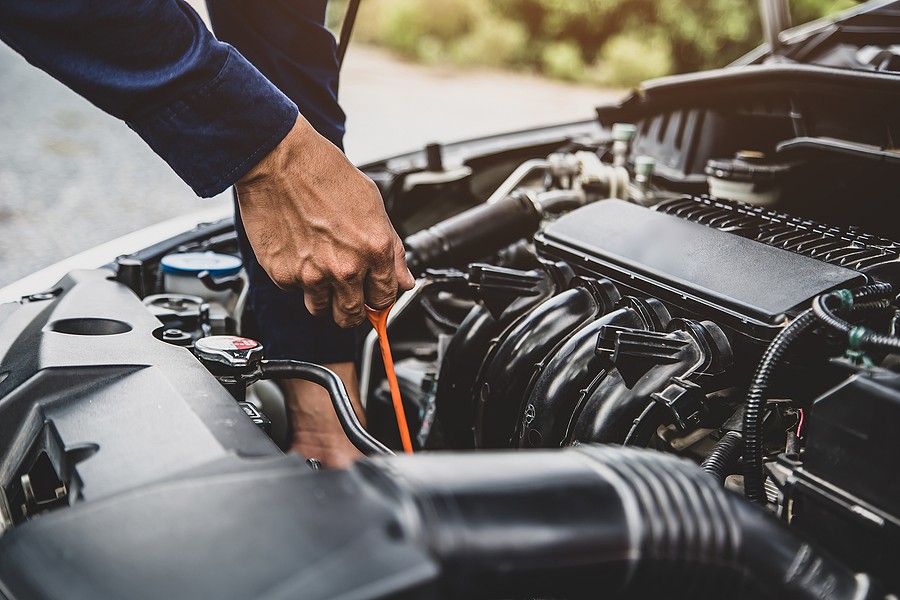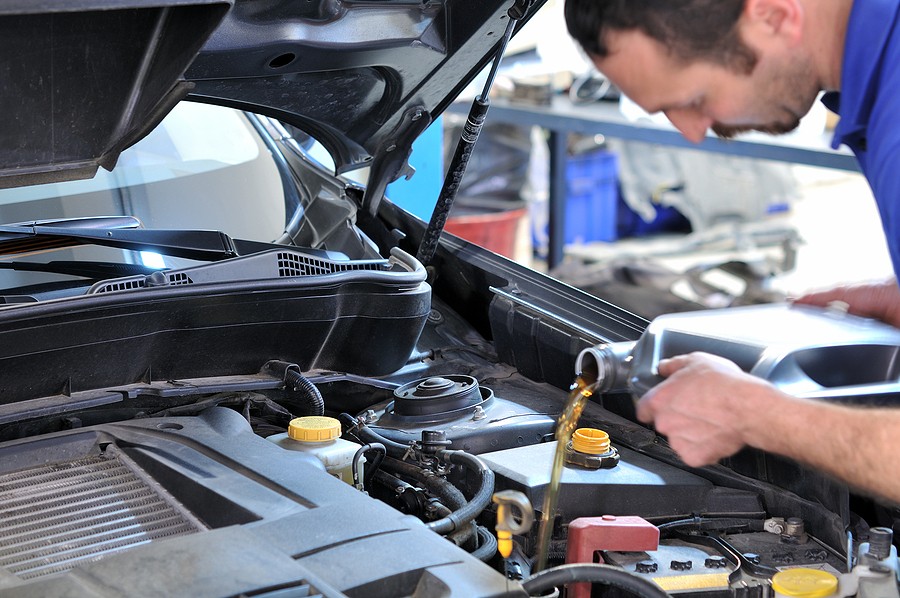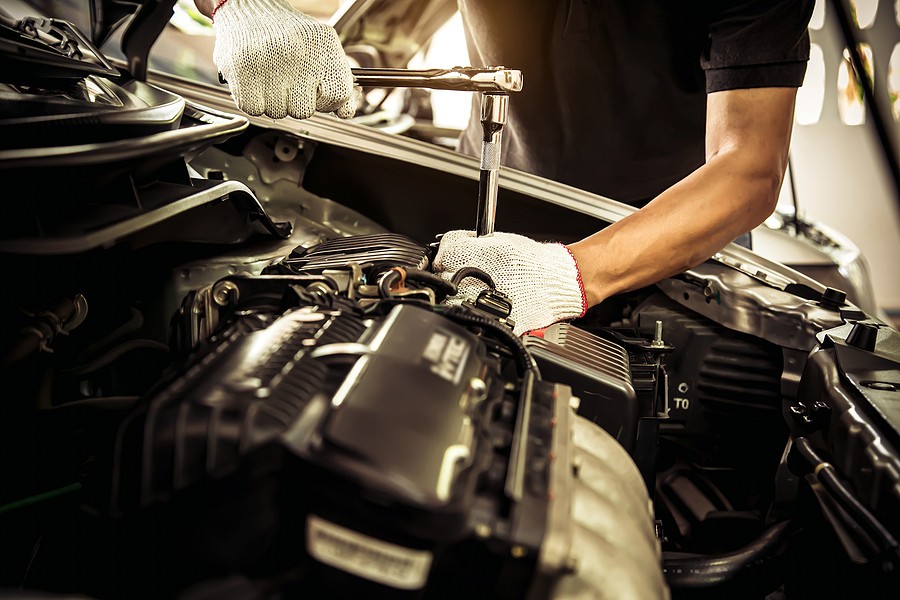Engine knocking, also known as pinging or detonation, is a common problem that can occur in internal combustion engines. It is characterized by a knocking or pinging sound that is produced when the fuel in the engine combusts unevenly. This can be a serious issue as it can cause damage to the engine and reduce its overall performance.
In this article, we will explore the causes of engine knocking and how to troubleshoot this problem. By understanding the root of the issue, you can take steps to prevent it from occurring and protect your vehicle's engine.
What is engine knocking?
Engine knocking, also known as pinging or detonation, is a common problem that can occur in internal combustion engines. It is characterized by a knocking or pinging sound that is produced when the fuel in the engine combusts unevenly. This can be a serious issue as it can cause damage to the engine and reduce its overall performance.
There are several factors that can contribute to engine knocking, including incorrect fuel octane level, carbon deposits, spark timing, engine overheating, and damaged or worn engine components. If you are experiencing engine knocking, it is important to identify the root cause and take steps to address the issue in order to prevent further damage to the engine.
What Causes Engine Knocking?
There are several factors that can contribute to engine knocking. Some of the most common causes include:
- Incorrect fuel octane level: The fuel octane level refers to the fuel's ability to resist “knocking” or “pinging” during combustion. If the fuel has a lower octane rating than what is recommended for your vehicle's engine, it can lead to engine knocking.
- Carbon deposits: Over time, carbon deposits can build up on the pistons and cylinder walls of an engine. These deposits can cause the fuel to burn unevenly, leading to engine knocking.
- Spark timing: The spark timing refers to the timing of the spark plugs in relation to the engine's pistons. If the spark timing is off, it can cause the fuel to ignite at the wrong time, leading to engine knocking.
- Engine overheating: If the engine overheats, it can cause the fuel to ignite prematurely, leading to engine knocking.
- Damaged or worn engine components: If the engine has worn or damaged components, it can cause the fuel to burn unevenly and lead to engine knocking.

How to Troubleshoot Engine Knocking
If you are experiencing engine knocking, there are several steps you can take to troubleshoot the problem:
- Check the fuel octane level: If the fuel octane level is too low, it can cause engine knocking. Be sure to use the fuel octane level that is recommended for your vehicle's engine.
- Check for carbon deposits: Carbon deposits can cause engine knocking. If you suspect that carbon deposits may be the cause of the issue, you can try using a fuel additive to help clean them out.
- Check the spark timing: If the spark timing is off, it can cause engine knocking. You can check the spark timing by consulting your vehicle's service manual or by taking it to a mechanic.
- Check for engine overheating: If the engine is overheating, it can cause engine knocking. Be sure to check the coolant level and the condition of the cooling system to ensure that the engine is not overheating.
- Check for damaged or worn engine components: If the engine has damaged or worn components, it can cause engine knocking. Consult a mechanic to determine if any components need to be replaced.

Preventing Engine Knocking
There are several steps you can take to prevent engine knocking:
- Use the correct fuel octane level: Be sure to use the fuel octane level that is recommended for your vehicle's engine. Using a lower octane level can cause engine knocking.
- Keep the engine clean: Regularly maintaining your vehicle's engine and keeping it clean can help prevent carbon deposits from forming, which can cause engine knocking.
- Maintain the spark timing: Proper spark timing is essential for preventing engine knocking. Be sure to follow the recommended spark timing for your vehicle's engine.
- Keep the engine cool: Ensuring that the engine is running at the correct temperature can help prevent engine knocking. Make sure that the coolant level is maintained and the cooling system is in good condition.
- Regularly maintain and replace worn components: Regularly maintaining your vehicle's engine and replacing worn components can help prevent engine knocking. Be sure to follow the recommended maintenance schedule for your vehicle and consult a mechanic if you notice any issues.

Conclusion
Engine knocking is a common problem that can occur in internal combustion engines. It is caused by a variety of factors, including incorrect fuel octane level, carbon deposits, spark timing, engine overheating, and damaged or worn engine components. By understanding the causes of engine knocking and taking steps to prevent it, you can protect your vehicle's engine and maintain its performance.



